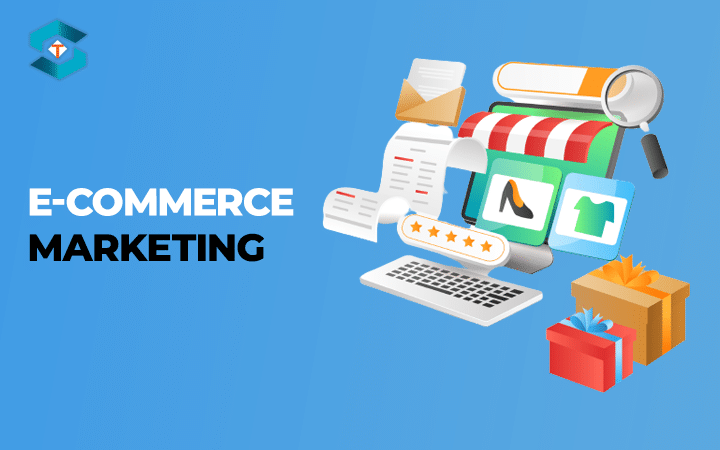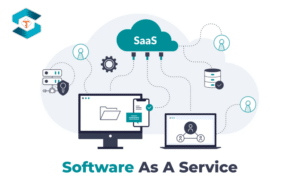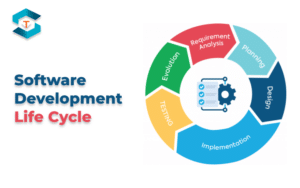E-commerce marketing involves promoting and selling products or services online through various marketing strategies and tactics. The goal is to attract potential customers, drive traffic to an online store, encourage purchases, and build a loyal customer base. Here are key aspects of e-commerce marketing:
Website Optimization:
Ensure your e-commerce website is user-friendly, mobile-responsive, and easy to navigate.
Optimize website speed, improve load times, and provide a seamless browsing experience.
Search Engine Optimization (SEO):
Implement SEO strategies to improve your website’s visibility on search engine results pages (SERPs).
Conduct keyword research and optimize product descriptions, meta tags, and URLs.
Content Marketing:
Create high-quality, informative, and engaging content related to your products or industry.
Use blogs, videos, infographics, and other content types to attract and educate your audience.
Social Media Marketing:
Utilize popular social media platforms to engage with your target audience and showcase your products.
Run targeted ad campaigns and post regular updates to increase brand awareness and drive traffic to your e-commerce site.
Email Marketing:
Build an email list and engage with customers through newsletters, promotions, discounts, and product updates.
Personalize email campaigns to cater to specific customer preferences and behaviors.
Pay-Per-Click (PPC) Advertising:
Run paid advertising campaigns on platforms like Google Ads, Facebook Ads, and others to drive immediate traffic and sales.
Set a budget, target specific demographics, and optimize ad performance for the best ROI.
Influencer Marketing:
Collaborate with influencers in your industry to promote your products to their audience.
Identify relevant influencers and create partnerships that align with your brand image.
Customer Reviews and Testimonials:
Encourage satisfied customers to leave reviews and testimonials on your website and third-party review platforms.
Showcase positive feedback to build trust and credibility with potential customers.
Loyalty Programs and Retargeting:
Implement loyalty programs to incentivize repeat purchases and customer retention.
Utilize retargeting ads to re-engage visitors who have shown interest in your products but haven’t made a purchase.
Data Analytics and Optimization:
Utilize data analytics tools to track user behavior, conversions, and campaign performance.
Use the insights gained to optimize marketing strategies and improve overall e-commerce performance.
Partnerships and Collaborations:
Collaborate with complementary brands for co-marketing efforts, cross-promotions, or joint campaigns to expand your reach.
Customer Service and Support:
Provide exceptional customer service to address queries, concerns, and issues promptly, enhancing the overall customer experience.
Effective e-commerce marketing involves a combination of these strategies, tailored to your target audience and the nature of your products or services. Continuously monitor and adjust your marketing efforts based on performance metrics to achieve the best results.





